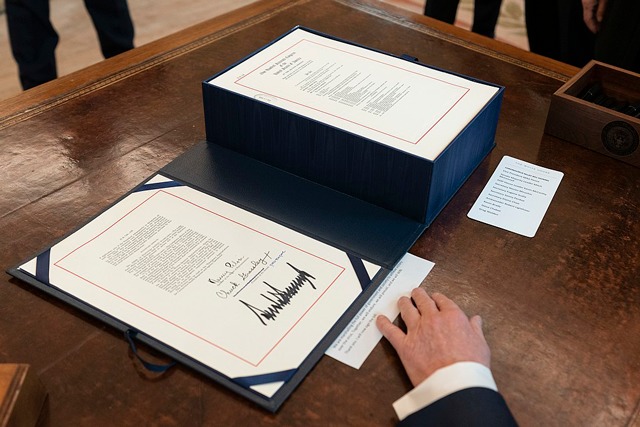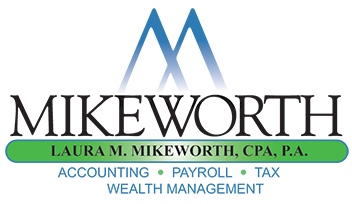What the CARES Act Means For You

Help for small businesses
The CARES Act has many helpful provisions for small businesses, which the Senate Committee on Small Business and Entrepreneurship details in this helpful guide. Here’s an overview of the most important provisions:
Loans for small businesses
The CARES Act also expanded eligibility requirements for disaster relief loans from the SBA to make it easier for small businesses to access the funds they need to stay afloat. These new provisions include:
- Loans can be approved based on the applicant’s credit score. No prior year tax returns are needed, and a previous bankruptcy won’t disqualify an applicant.
- Loans smaller than $200,000 don’t require real estate as collateral or a personal guarantee.
- Sole proprietors, independent contractors, tribal businesses, cooperatives and not-for-profit organizations are also eligible.
Emergency cash grants of $10,000
Another resource available through the SBA is cash grants of up to $10,000. These do not have to be repaid if the funds are spent on paid leave, maintaining payroll, costs of supply chain disruption or repaying lease, mortgage or other debt.
Paycheck Protection Program (PPP)
The SBA is also working with a network of 1,800 local lenders who will extend funds to businesses with fewer than 500 employees. A portion of the loan proceeds can be forgiven if:
- Employers keep the same average number of employees on payroll for at least eight weeks.
- Employers do not cut pay by more than 25% for employees making less than $100,000 per year.
- Proceeds can be used for payroll, rent, utilities or health insurance premiums.
This program is also available for sole proprietors, independent contractors or other self-employed persons up to the amount of their lost income from self-employment. The U.S. Chamber of Commerce has a comprehensive guide to this program, which will be expanded as further details emerge.
Debt relief for SBA loans
Business owners who take out non-disaster loans from the SBA can have all principal, interest and fees paid by the SBA for six months. This includes 7(a), 504 and microloans, and includes new loans taken out within six months of the date the law was signed.
Payroll tax credit for wages paid
Employers can receive a refundable payroll tax credit for 50% of wages paid to certain employees. This is available to employers whose operations have been fully or partially suspended as a result of a government order or to employers who have experienced more than a 50% decrease in quarterly receipts compared to the previous year. Eligible wages include those of employees who have been furloughed or had their hours reduced. All wages for employers with fewer than 100 employees are eligible, regardless of any reduction to hours. This credit is available for the first $10,000 in wages and compensation paid to eligible employees.
Payroll tax payments may be deferred
Employer portions of Medicare and Social Security taxes for 2020 may be deferred. All deferred amounts are due in two installments, one at the end of 2021 and one at the end of 2021.
This also applies to half of self-employment taxes paid by sole proprietors and other self-employed individuals.
There is a lot to work through here but please get in touch with us if you have a question.

“Serving Cornelius, Huntersville, Mooresville, and Surrounding Area Small Business Owners since 1996″
Photo Credit: The White House from Washington, DC / Public domain


